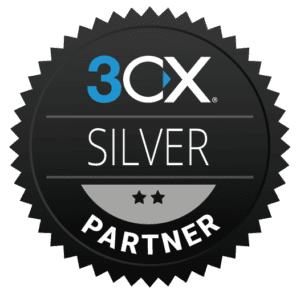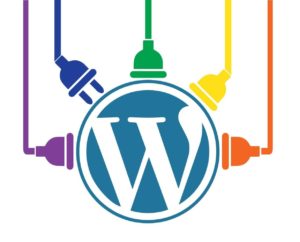Social media and websites are both important, for different reasons. They go hand in hand, and in today’s society, it is important for businesses and organisations to use both to market themselves and engage with their audience.
Social media
Social media is great for helping connect businesses with their target audience, building their brand and reputation, sharing key information, reaching new audiences and encouraging their audience to interact with them.
From Facebook and Twitter to Instagram and YouTube, there’s a long list of social media platforms available, these are just a few. The majority of organisations/businesses/community groups promote across multiple platforms to get the most benefit, coverage and reach. The individuals not reached on one platform, might be reached on another.
Social media is great marketing and communication resource, however, it requires regular updates (regular postings), monitoring, and time dedicated to building a strategy and following.
Social media typically engages a ‘younger’ audience, however, when searching for information, this same audience has less patience and Google is their best friend. The typical social media user type is evolving, as older generations are becoming more digitally aware and connected. It won’t be long before the ‘younger’ audience also identifies as the ‘older’ audience.
Website
Website’s share information, promote services/products online, establish credibility and trust, and provide key information about businesses, organisations and so much more.
A website gives social media a foundation to build on. Social media is a great way to attract a following, promote activities and events, but a website is where the bulk of the information is. Websites don’t need to be updated daily or weekly, update when content needs a refresh or becomes out of date, add new photos or update downloadable information. How often the content of a website is updated is determined by the purpose and nature of the website.
A website is more versatile and provides more opportunities for various features , many of which are not available on social media platforms. There is also greater control over the content, layout and structure with fewer limitations. Whereas with social media, posts can often get lost in the mix of other posts on a page and it’s not always easy to navigate to find the post with the information required, a second time.
When someone searches for something, they tend to search via Google (or other search engines such as Bing) not via social media. People search for what they already know on social media not usually when they are trying to find something for the first time.
Google is the world’s number one search engine. Websites rank well (and videos), whereas social media doesn’t rank as well in comparison. When a search is required, the majority will automatically use Google. Google commands 94% of the search engine market in Oceania, and according to Prosperity Media, 93% of online experiences begin via a search engine.
Websites are considered to provide a better user experience than social media, in part because it is thought to be easier to locate information the user is looking for. You can’t expect new followers on social media to search through potentially hundreds, if not thousands, of posts to find a specific piece of information; it’s time consuming. Yes, there is a search option no social media, where users can search within a particular page, but it has it’s limitations and not always a help to the user when they don’t know what specific time frame the post was posted, or keywords that will help located the post.
In conclusion, websites and social media have their pros and cons, like everything else, but they work well together, complementing each other’s purpose. Using both assists in spreading information further and increasing user engagement.







